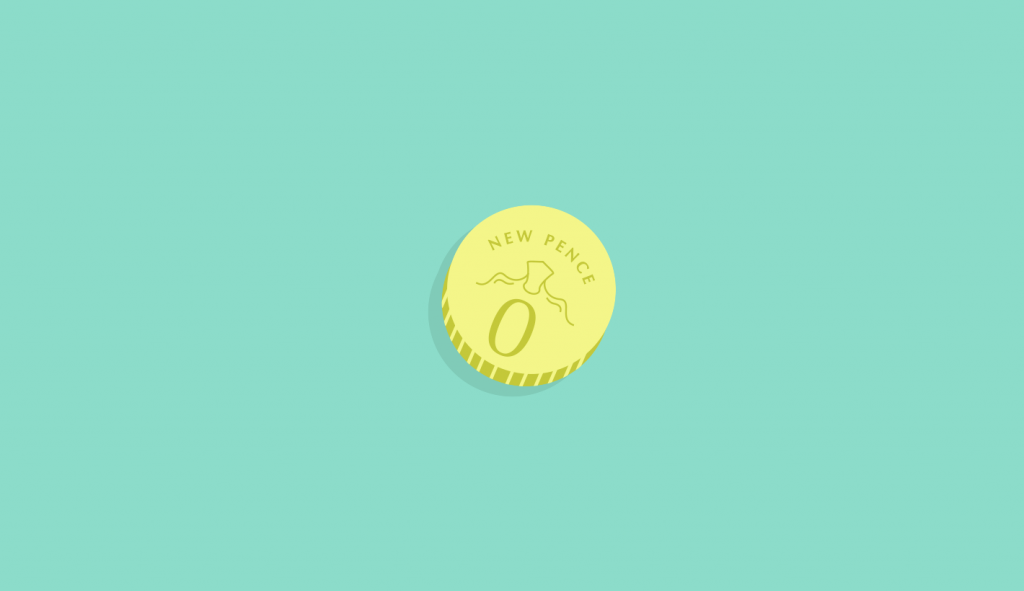In this weeks blog I am going to look at working on spec. Particularly, why working on spec devalues you and the years you spent learning your particular talent. Why it devalues your existing client relationships and why it devalues any future relationship you might have with the new “client” you are working on spec for. Working on spec is working for free.
Now don’t get me wrong, I think doing a client a favour, or offering some free of charge add-ons to sweeten a deal is ok. It shows the new client that this is a partnership, that you are invested in delivering service for them for the agreed remuneration and if you have to go a stage further than agreed occasionally that is ok. What I am talking about is when you are pitching for new business and the prospect says something along the lines of…”We like what you said in your proposal and we have got things down to three potential suppliers, you will be pleased to know you are one of them…” I actually dread hearing those words because I know they often come with a caveat.
The reason this is topical is that we were recently in this situation, a huge multi-national corporation with annual revenues of in excess of $8 billion and whose UK turn over last year was in excess of £400 million said exactly that. “We really like your portfolio of email work, we like your pricing structure for email design and build and you’ll be pleased to know we have you on a shortlist of three companies that we are considering, we are launching a new product line shortly and we are getting all three of the agencies on our short list to design the new logo for this on spec, we’ll then consider this work when making a decision which email agency to go with”. There wasn’t even the promise of the future work should we design the successful logo. We went back to them and said we would design the logo for a fair price and should they contract their email work to us subsequently we would discount the initial design work from their ongoing contract. Suffice it to say we never heard from them again!
This is typical of stories I hear all the time when talking to people about new business and working on spec. So let’s examine why working on spec is a bad idea for you, for your existing clients and for your prospects.
You, whether you are the talent or the decision maker, have invested time and money in either your skill or your business. Our lead designer has been an email designer for 12 years, he goes to all the relevant conferences, he reads all the relevant blogs and is a member of all the communities where cutting edge email design is discussed. He is a professional, he is well respected by his peers and he is an incredible asset to our business, but none of this comes for free, he invests his time and money keeping his finger on the pulse, I spend my time and money making sure he has all the tools and access to all the resources to keep him current and I pay him a salary commensurate with his seniority. For him to work on spec isn’t free for him or I, it costs him time and me money. It devalues his years of training and education, it says to him, not only does this potential client not value you but the sales person doesn’t value you, the management team doesn’t value you and I don’t value you. It is an awful message to send out to him. It is de-motivational, and ultimately will lead to him looking for a new job.
The message it sends to your existing clients is no better – any spec work you undertake will be work you currently do for people who pay you. These people may have paid you for a number of years for that type of work, it may be incidental work to your main contract with them but it’s work none the less. Imagine having to defend to your loyal customers that you are taking time and resource away from managing their account because you are going to work for free for a prospect in the hope of winning some new business. We recently had a client who was discussing rewarding someone in their database who helped them reach a magic number of subscribers. They talked about rewarding the person that got them to that magical number but decided that would be unfair to the subscribers that have been with them for 10 years and are still engaged with their emails. Instead they decided to randomise the reward so if you were their first subscriber or their last you had a chance of winning, but they weighted it so if you were on their database for 10 years you had 10 chances and if you were on their database a week you had one chance, in essence they looked after their existing customers in preference to their newest.
Even your prospect isn’t getting a good deal; working on spec says we don’t value our work so you don’t have to. Something you get for free has no value and the prospect behaves that way even if it is subconsciously. It also sets the tone for the relationship going forward, this client will expect you to work for free on anything that isn’t nailed down in the contract, there will be changes of spec and they won’t want to pay for them, assets and changes may be delivered late against unrealistic deadlines and you will still be expected to deliver. Work will be rushed, the quality will drop and this is where mistakes are made. And of course that will be your fault and you won’t get paid!
To do any job justice you need to be properly informed and that takes time and communication with your client. You need to understand business objectives, success criteria, brand personality, competition and numerous other factors in order to provide the right solution rather than something superficial. Spec work also removes the collaborative nature of working to produce the best result.
When you have a proper working relationship with a client there are occasions when deadlines have to be last minute, but when this happens you know you are in it together. There was a situation a couple of weeks ago where we got design sign off at 17:56 on a Friday, we had to then code a responsive email from the design, preview it, make the changes and send it live on a Sunday evening. This meant a coder and an email production person were working at the weekend to get this email out for the client, but we knew that they were a: sorry to have put us in this position. b: paying for it and c: they were around to check the tests, make the changes and sign off the campaign – we were in it together and that’s because the relationship started off on the right foot. There is also an element of human nature, when you work for free, however hard you try there will be an under-current of resentment whether at the “client” or the management of your company for allowing it to happen, any changes to design will be taken personally and long term this isn’t good for any client relationship.
Working on spec is working for free, when something is free it has no value. However, working for free also comes at a cost, a cost to you, to your staff, to your existing clients and to your prospects. Be professional, showcase your work and your talent and ask the customer to trust you, if they don’t trust you then it is time to walk away and find a new client to talk to.





